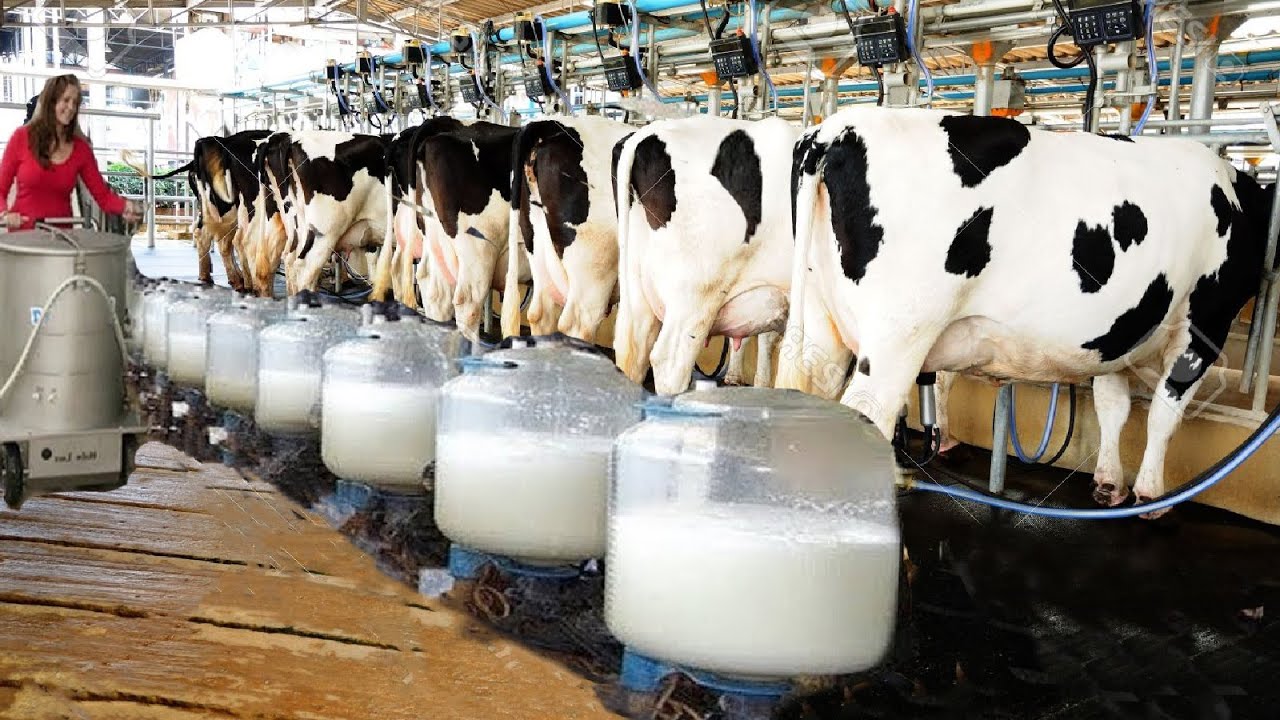The Indonesian government has launched an ambitious program to import one million dairy cows over the next five years, aiming to reduce dependency on imports and support a new free meals initiative for schoolchildren and pregnant women. Valued at around US$3 billion, the plan seeks to boost domestic milk production while encouraging private sector participation.
While the intention is clear, the scale of the program raises complex questions about feasibility, costs, and long-term sustainability. For policymakers and business leaders, the program provides a unique window into how Indonesia food security policies are evolving — and whether such top-down approaches can truly build resilience in critical supply chains.
The One Million Cows Program Explained
Indonesia consumes around 4.4 million tons of milk annually, yet domestic production covers less than 20 percent of that demand. To bridge this gap, the government has asked companies — including those outside the agricultural sector — to commit to importing dairy cattle.
The imported cows are expected to be distributed to cooperatives and private farms, where they will contribute to milk supply and indirectly support the government’s nutrition programs. However, early progress has been slow, with only a fraction of the targeted imports materializing.
The initiative reflects a broader ambition: achieving Indonesia food security by scaling local production and reducing reliance on international suppliers. But questions remain about whether the infrastructure, veterinary expertise, and market incentives are sufficient to sustain the program.
Supply Chain And Cost Challenges
The success of the program depends on more than just importing cows. It requires:
- Infrastructure Readiness – Dairy farming is capital-intensive. Proper housing, feed management, and cold-chain logistics are needed to keep cows healthy and milk fresh.
- Veterinary Services – Indonesia faces shortages of qualified veterinarians and dairy specialists, raising concerns about livestock health and productivity.
- Farmer Incentives – Without attractive pricing mechanisms, farmers may lack motivation to adopt and maintain large-scale dairy farming.
- Import Costs – The global cattle market is competitive, and sourcing high-quality dairy cows is expensive. With the rupiah under pressure, costs could rise further.
This complexity underscores how Indonesia food security cannot be achieved by imports alone. Long-term resilience depends on strengthening domestic farming capacity and aligning incentives with market realities.
Comparisons With Other Food Policies
The dairy program is not Indonesia’s first attempt at food self-sufficiency. Similar efforts have been made in rice, beef, and corn production:
- Rice: Indonesia has invested heavily in irrigation and subsidies to secure rice output. While largely successful, occasional imports are still needed when harvests fall short.
- Beef: Past policies sought to reduce beef imports by building local cattle farms, but high feed costs and weak productivity limited success.
- Corn: Import restrictions combined with subsidies helped boost local production, but price volatility has often burdened small farmers.
These cases highlight the tension between ambition and execution. They suggest that achieving Indonesia food security is less about grand announcements and more about consistent, long-term policy alignment across sectors.
Private Sector Participation And Risks
Perhaps the most unusual aspect of the cow import program is the government’s request for participation from private companies, even those without agricultural backgrounds. Firms in sectors such as construction and retail have been asked to pledge resources for cattle importation.
This approach creates risks:
- Companies may lack the expertise to manage livestock supply chains.
- Resource diversion could weaken core business operations.
- Market inefficiencies could emerge if supply does not match demand.
On the other hand, successful private participation could foster new business models in agribusiness, with opportunities for partnerships, technology adoption, and innovation. For investors, the program represents both risk and potential reward.
Implications For Indonesia Food Security
At its core, the one million cows initiative reflects the government’s determination to link food security with social welfare goals. By ensuring milk supply for schoolchildren and vulnerable groups, policymakers hope to strengthen both nutrition and productivity.
However, real Indonesia food security requires more than supply. It demands stability in pricing, resilience in distribution, and sustainability in production. Without these, Indonesia risks repeating past cycles of overambitious targets and underwhelming results.
Conclusion
The one million cows program is a bold statement of intent. It shows that Indonesia is willing to experiment with unconventional models to secure its food future. Yet, as history shows, success will depend on execution, not just vision.
For Indonesia food security to be achieved, the country must address infrastructure gaps, empower farmers, and ensure that private sector involvement is both efficient and sustainable. Without these fundamentals, the program risks becoming another expensive policy experiment that fails to deliver lasting change.
Read More






 Wednesday, 04-02-26
Wednesday, 04-02-26







